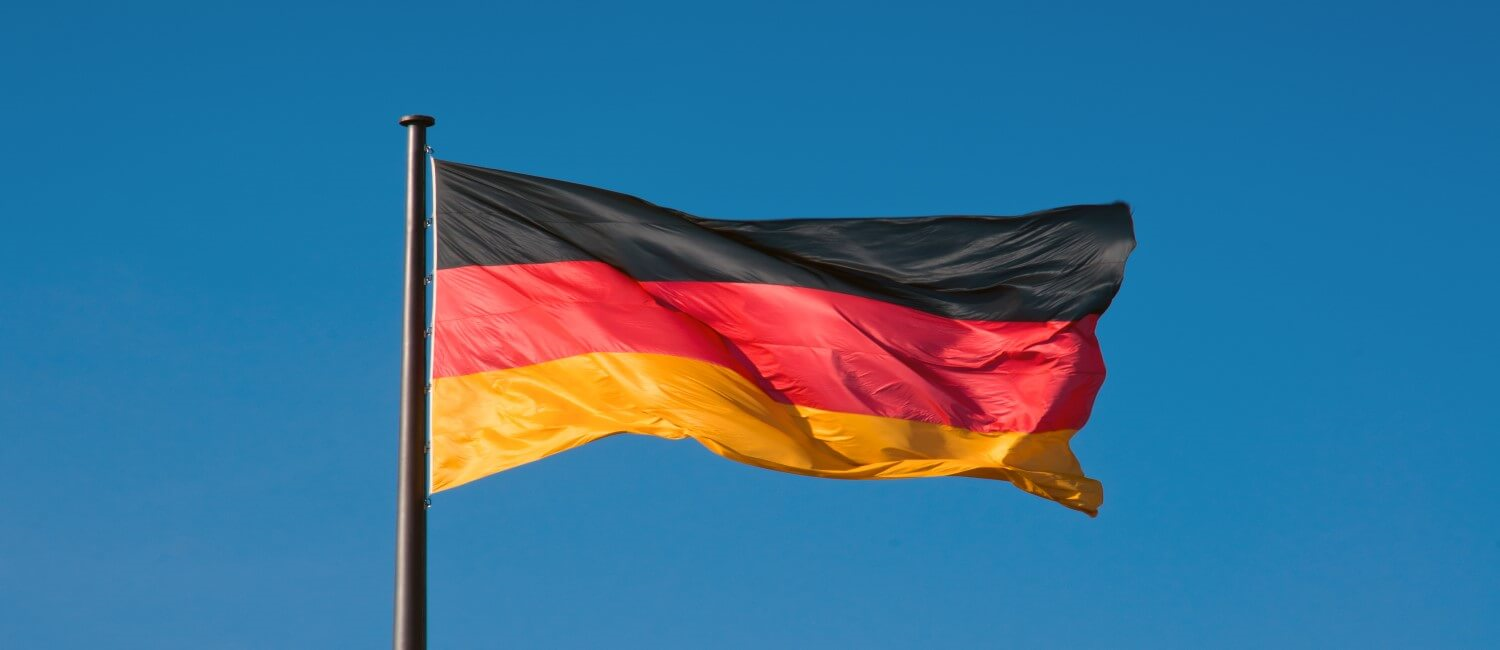Brazil, the largest and most populous country in South America, faces substantial challenges in combating financial crimes, including money laundering, fraud, corruption, drug trafficking, and tax evasion. These illicit activities threaten the nation's economic stability and security. To address these concerns, the Government of Brazil has established a comprehensive legal framework and regulatory structure for Anti-Money Laundering (AML) initiatives. In this guide, we provide an in-depth and up-to-date exploration of AML practices in Brazil, covering the historical context, legal framework, key AML laws, the role of government and regulatory authorities, money laundering risks, and advanced AML solutions.
History and Legal Framework of AML in Brazil
The history of AML regulations in Brazil dates back to 1998 when the government established the Council for Financial Activities Control (Conselho de Controle de Atividades Financeiras - COAF) within the Ministry of Finance through Law No. 9.613. This marked a significant step in addressing money laundering, terrorist financing, and drug trafficking crimes in the country. COAF was empowered with regulatory and supervisory authority over the financial sector, with a primary mission of detecting and preventing suspicious transactions, including money laundering activities. Financial institutions in Brazil were entrusted with the responsibility of identifying and reporting suspicious transactions to COAF, which would then initiate legal proceedings if criminal transactions were detected.
Key AML Laws in Brazil
Brazil's AML framework encompasses a range of crucial laws and regulations. At its core is Law No. 9.613, which addresses money laundering, terrorist financing, and drug trafficking. Under this law, financial institutions are required to establish their AML programs designed to systematically combat financial crime. Moreover, rigorous Customer Due Diligence (CDD) procedures are a fundamental aspect of AML requirements in Brazil. Financial institutions must assess customer risk levels, implement appropriate control measures during onboarding, and maintain comprehensive customer records. Regulatory authorities have the authority to access and audit these records, and non-compliance can result in significant fines for financial institutions, while individuals involved in financial crimes may face fines and imprisonment.
Government and Regulatory Role in AML
The government plays a pivotal role in Brazil's AML efforts. COAF, as the primary regulatory body, oversees the implementation of AML regulations and monitors the financial sector for suspicious transactions. Collaboration with financial institutions ensures that they are well-trained to detect and report suspicious activities effectively. Brazil has also been proactive in aligning its AML and Counter-Terrorism Financing (CFT) measures with international standards, particularly those set forth by the Financial Action Task Force (FATF). The Central Bank of Brazil, the Securities and Exchange Commission (CVM), and the Superintendence of Private Insurance (SUSEP) also play essential roles in regulating AML in their respective sectors.
Obligations and Reporting
Entities subject to AML regulations in Brazil include financial institutions, insurance companies, securities dealers, and other designated non-financial businesses and professions (DNFBPs). These entities must establish AML programs that include CDD, suspicious activity reporting (SAR), and record-keeping requirements. Reporting entities must file SARs with the FIU whenever they encounter suspicious transactions.
AML Penalties and Enforcement
Brazil has implemented a robust system of penalties and enforcement mechanisms to deter money laundering. Penalties for non-compliance with AML regulations can include fines, suspension of business activities, and even imprisonment for individuals involved in money laundering schemes.
Enforcement is carried out by various regulatory authorities, including the FIU, the Central Bank of Brazil, and the CVM. These agencies conduct investigations, inspections, and audits to ensure compliance with AML regulations.
Money Laundering Risks in Brazil
Brazil faces substantial money laundering risks due to its vast size, diverse economy, and complex financial systems. These risks are compounded by activities such as fraud, corruption, drug trafficking, and tax evasion. Criminal organizations exploit these vulnerabilities to legitimize the proceeds of their illicit activities through the financial sector. While progress has been made in addressing these risks, a FATF report identified certain shortcomings, emphasizing the need for continued vigilance and improvement in AML practices.
AML Solutions for Brazil
Brazil's financial institutions can bolster their AML (Anti-Money Laundering) efforts with Sanction Scanner's comprehensive solutions. Sanction Scanner seamlessly integrates into financial operations, offering:
- Global Sanctions List Checks: Detects sanctioned entities and high-risk individuals.
- PEP Database Screening: Identifies politically exposed persons.
- Real-time Alerts: Provides instant notifications for suspicious activities.
- Advanced Due Diligence: Facilitates informed decision-making.
- Customization and Scalability: Adapts to institution-specific needs.
- User-friendly Interface: Ensures ease of use for compliance teams.
Sanction Scanner's AML solutions help combat financial crimes, ensuring regulatory compliance and maintaining trust with customers and regulators.





